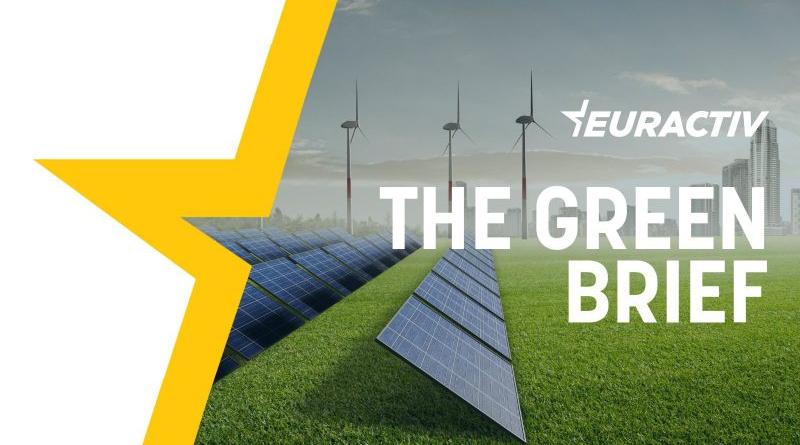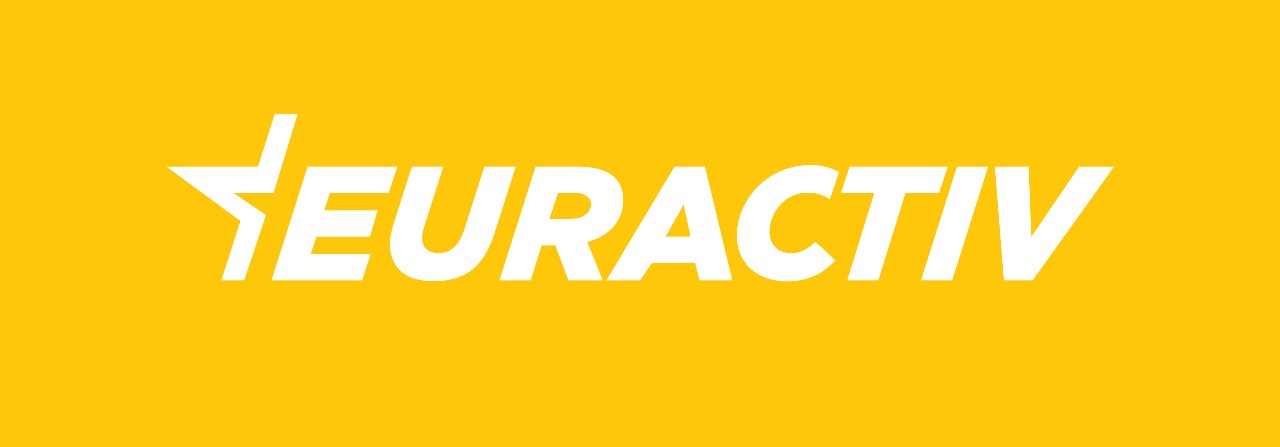A French-led energy insurrection

On 19 December, 11 EU countries issued a joint statement urging the EU to take full account of nuclear power – not just renewable energies – when elaborating future policies that will determine how the EU achieves its greenhouse gas reduction targets for 2040 and 2050.
“Nuclear power is indisputably a sustainable and equally valid technology to achieve these objectives for member states that opted to resort to its use,” said the joint declaration led by France and signed by Bulgaria, Croatia, Czechia, Finland, Hungary, Poland, Romania, Slovakia, Slovenia, and Sweden. Read the story by Paul Messad.
Shaping the EU’s 2040 climate policy. The joint declaration from the French-led Nuclear Alliance comes weeks before the Commission publishes its 2040 climate proposal, due out on 6 February. It also comes amid ongoing discussions on the EU’s “strategic agenda 2024-2029”, which will be adopted by EU leaders following the June European elections.
“Looking forward to the future and our collective 2040 and 2050 climate-energy targets, we strongly encourage the European Commission to propose a regulatory architecture that facilitates for member states to achieve carbon neutrality by encompassing our energy diversity,” the declaration adds.
A “low-carbon” target for 2040? If the eleven countries get their way – and they already have a blocking minority in the Council of EU member states – this could mark a paradigm shift for EU policy.
Until now, only renewable energies and energy efficiency have been subject to binding quantified targets to meet the EU’s climate objectives.
“However, we must collectively recognise that these two dimensions are not enough to encompass the diversity of solutions and industrial capabilities across the member states,” the joint declaration insists, saying nuclear power must be considered as well.
So what does the 11-country alliance actually want?
That was spelt out by an official in the cabinet of Agnès Pannier-Runacher, France’s now former energy minister: “We have now reached an impasse,” the official said in reference to the EU’s renewables target for 2030, which was hiked to 42.5% of the EU’s final energy consumption. “If we want to go further in renewable energies, we are going to hit the low-carbon base of certain member states” – something that won’t be acceptable for France.
“So we need to turn the tables and stop thinking about elaborating a fourth renewable directive … but perhaps the first low-carbon directive.”
French rebellion against EU renewables target. The joint statement by the French-led Nuclear Alliance also insists on one crucial point: The choice of energy mix is a matter of national sovereignty under EU treaties – a principle they believe must be upheld.
France pushed this reasoning to the maximum in a draft law on “energy sovereignty,” presented in January, which promotes nuclear power as a way of ditching fossil fuels, ignoring the EU’s 2030 renewable energy goals. Paul Messad has the details.
The bill is consistent with France’s draft National Energy and Climate Plan (NECP), presented in December, which had already ignored the EU’s a renewable energy target for 2030.
And it goes even further by scrapping the existing renewable energy goals for 2030, which are a legal requirement under the EU renewables directive.
What now? With its draft “energy sovereignty” bill, France is deliberately putting itself on a collision course with EU-agreed targets. This could be a step too far for pro-renewable countries like Austria, which called on the European Commission to ensure EU law is enforced, Nikolaus J. Kurmayer reports.
But Paris seems intent on pursuing this policy. When a government reshuffle was announced on 11 January, the energy portfolio was scrapped and moved under the responsibility of the Economy Ministry, suggesting a shift in energy policy primarily focused on the relaunch of France’s nuclear industry. Paul has the story.
First exchange on 2040 target. Meanwhile, the EU’s 27 environment ministers held their first exchange on the EU’s upcoming 2040 target plan during a meeting on 12 January.
Hungary was the only EU country to openly challenge the Commission’s intention to defend a 90% cut in greenhouse gas emissions cut relative to 1990 levels by 2040 while others – including Denmark and Bulgaria – were supportive.
The new Polish government, for its part, displayed a spectacular climate policy U-turn by indicating it was ready to support the 90% goal.
The new state secretary for climate, Urszula Zielińska, later rowed back, however, saying this “does not mean that we already have a clear declaration on the emission reduction target for 2040 at such an early stage”. Nikolaus J. Kurmayer has the story.
Cover photo: Green-Brief-Hubs-ARTICLE-template-800x450-2



